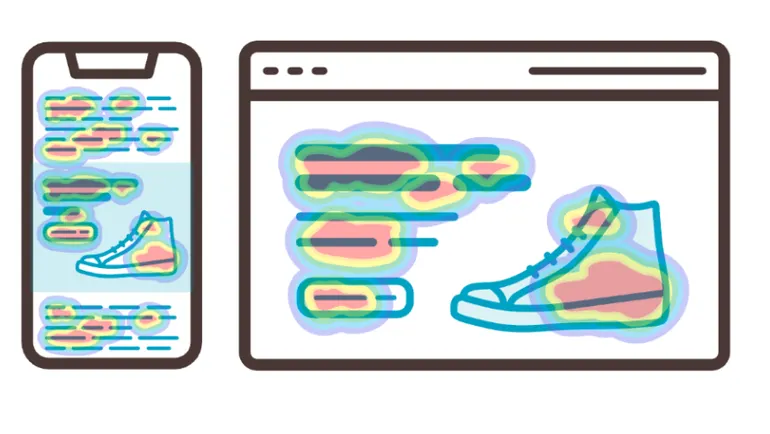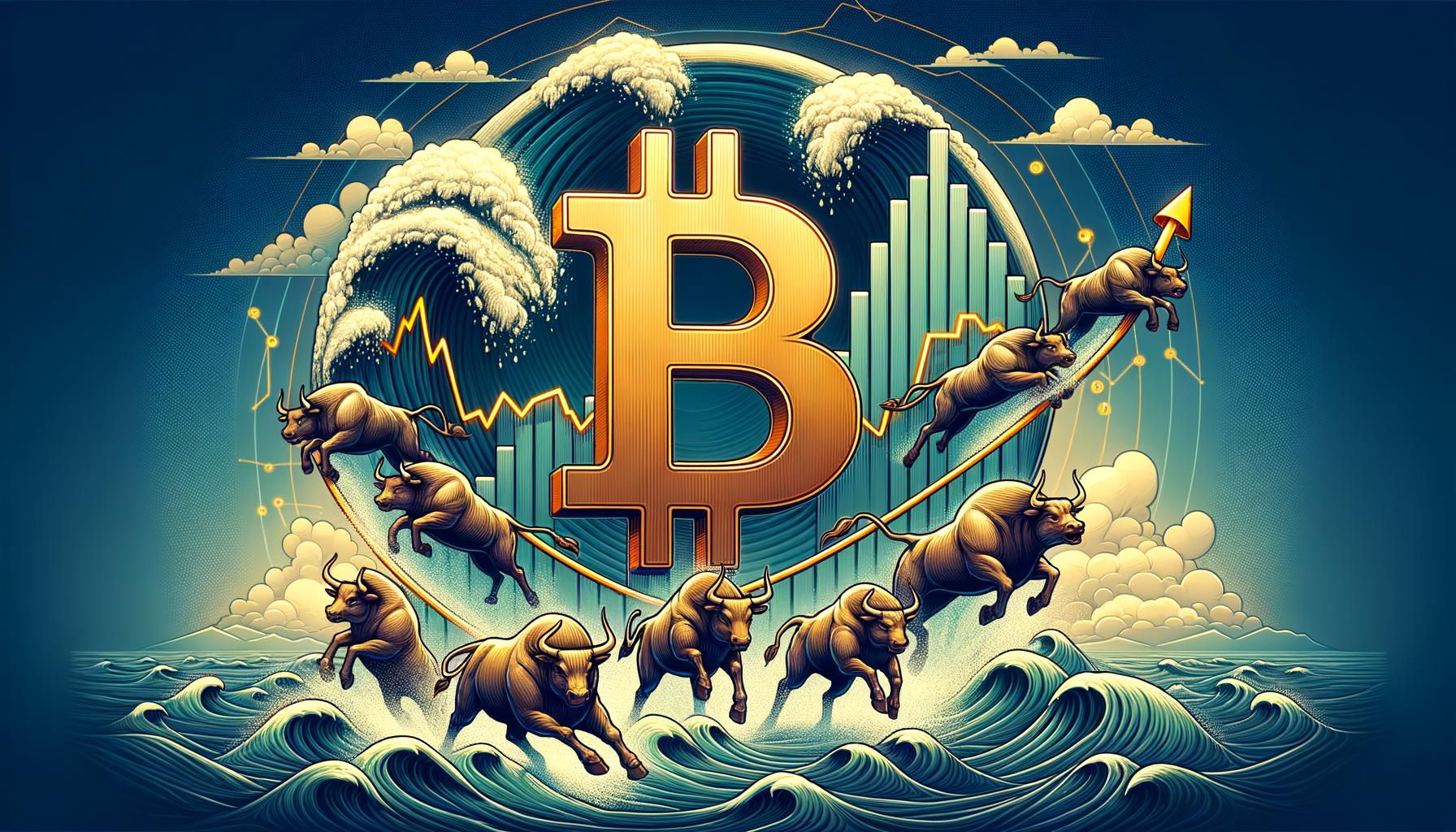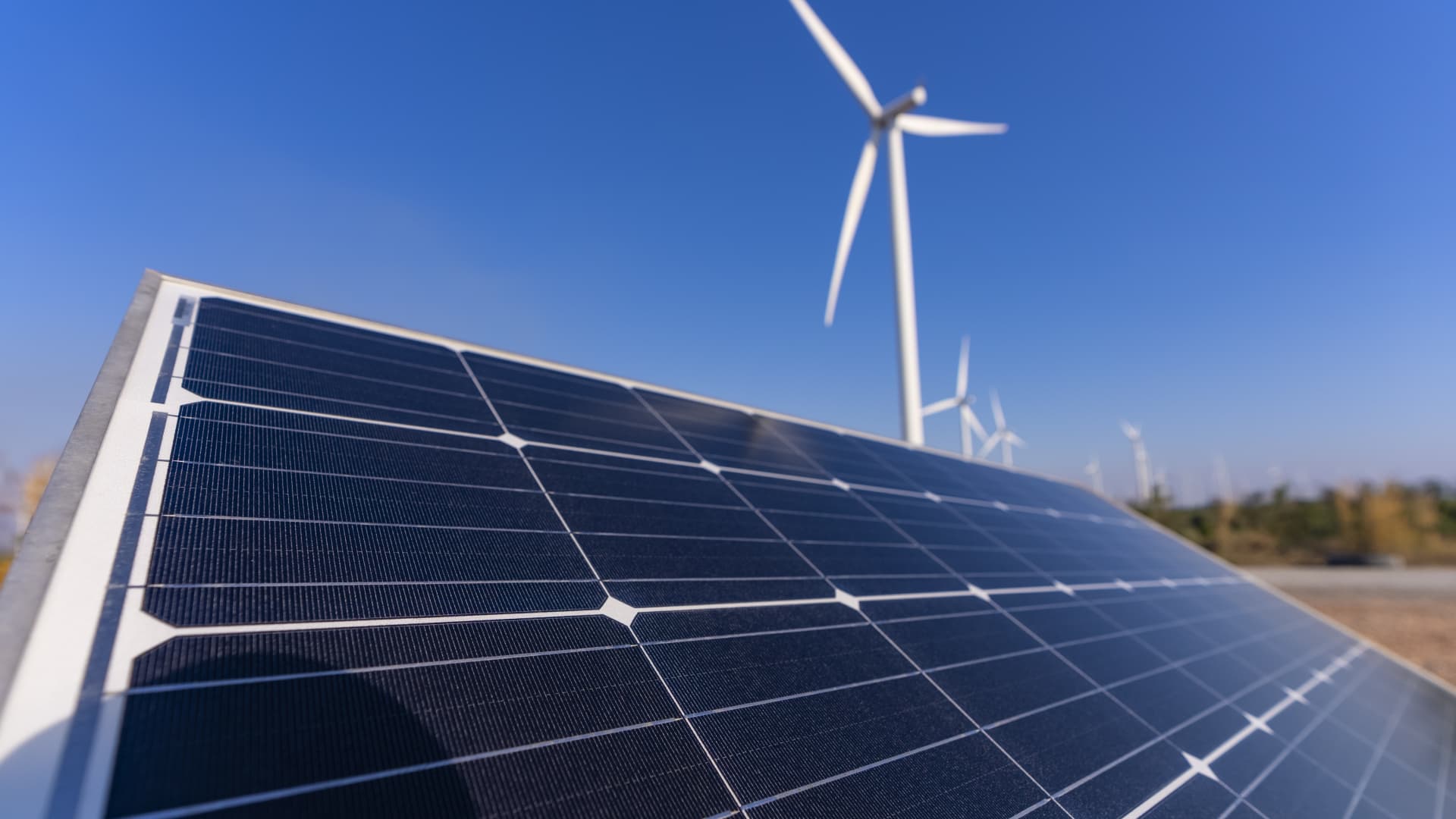Twitter still looking for last-minute World Cup ad partners
Twitter's World Cup troubles with brands could create worries about other real-time marketing events like the Super Bowl.

Twitter is still seeking ad partners for the World Cup, as the tournament heads into its final stretch. It is yet another example of how the platform's beleaguered ad team is having a hard time winning back advertisers after the sudden drop-off of major brands that have fled in the Elon Musk era.
“The fact that we’re seeing last-minute package opportunities being sent over to us for World Cup from Twitter is pretty surprising for a like landmark sports event like that,” said one top executive at one of Twitter’s closet media holding company partners.
The holding company, one of the largest in the world, said that almost none of its clients are on Twitter, and they are part of the wave of brands pausing their spending on Twitter amid a confusing time at the company. By all measures, Twitter should be having a triumphant moment around the World Cup, but advertisers say the company seems almost desperate to offload inventory.
If anywhere is the “real-time” advertising channel, it’s Twitter, where marketers participate in the live conversation around big cultural moments. What’s happened, however, since Musk took over is pure chaos, the holding company exec said, echoing the sentiments of many advertising leaders. There have been well-documented problems at Twitter with its advertising offering in recent weeks, including sending out aggressive pitches to brands that stopped spending amid brand safety concerns. Twitter, with its new head of ad sales Chris Riedy, has been offering basically two-for-one deals on ads, looking to unload advertising on the cheap.
“They’re pretty heavily discounted packages to get into the World Cup-related content,” the holding company exec said, “and that is rare at this stage in the game, to have-last minute opportunities like that, on something that would be viewed as a premium event.”
Confusion among advertisers
Advertising leaders have expressed several overlapping concerns about the direction Twitter is heading under Musk, who has his own vision for the platform that does not always coincide with what major advertisers want in media opportunities. Musk’s moderation policies basically amount to free reign for all kinds of speech on Twitter, even if some interpret it as hate speech or misinformation.
Several advertisers expressed concern about Twitter’s reversal on “COVID misinformation,” embracing looser rules, a change the company made on Nov. 29. Then, on Nov. 30, Twitter issued a blog post, in which it stated, “First, none of our policies have changed.” The mixed message about policies changing or not led to confusion among advertisers.
Meanwhile, Musk has spent more time talking about what he dubbed the “Twitter Files,” a reckoning of Twitter’s past moderation policies during the 2020 election that affected how the service handled a news story about Hunter Biden’s laptop, than he has spent talking with advertisers. Last weekend, Musk held a widely attended Twitter Spaces audio Q&A session to discuss the “files,” and the topic of advertising came up.
Musk seemed confident about the ability to bring advertisers to his side, pointing to a win with Apple, which “is the single biggest advertiser on Twitter, historically and presently, so thanks Apple for fully resuming advertising,” Musk said. “We are starting to see a lot of other advertisers also resume their spending.”
Last month, Twitter almost got into a stand-off with Apple, publicly shaming the tech giant over its app store fees and control over mobile developers. Musk claimed Apple was stopping its ads, too, on Twitter. Then Musk met with Apple CEO Tim Cook and touted a detente.
Musk also blamed activist groups for helping cast Twitter in a negative light by promoting reports of more hate speech on the service. “And they’re not true,” Musk said. “And then as it’s becoming clear that the media stories about Twitter being some sort of like right wing hell-scape, which it absolutely isn’t. And in fact, there are far fewer bots, far fewer trolls, and it is actually, I think, way more fun and interesting, and we’re seeing that in the user minutes and in the daily average users. Then advertisers are like, ‘oh, OK, then I guess maybe it is safe to get back into the water.’”
Related: Twitter updates—Tracking brand reactions to Elon Musk
Twitter’s ad revenue is in free fall at a time when it should be banking bucks from World Cup and getting brands on board for the first quarter of next year, during which more live events like the Super Bowl and Oscars fuel the business. Twitter’s biggest advertising day of the year is the Super Bowl, when brands with commercials, and ones that just want to make a splash on social, turn to Twitter.
About 90% of Twitter’s overall revenue comes from advertisers. Of the company’s $4.5 billion in ad sales in 2021, 85% came from brand dollars, while the rest came from performance marketers. Twitter has thousands of advertisers, while Meta has more than 10 million on Facebook and Instagram, which makes Twitter more affected when a bunch of brands pull spending.
“The volume of brands and volume of ad agencies and ad holding companies who have paused their advertising, it’s enormous,” said Ellie Bamford, senior VP and global head of media, connections and influence at R/GA, an agency within IPG, which was one of the first holding companies to issue advice about the potential brand safety issues given Musk’s Twitter plans.
“My recommendation continues to stand that it’s dangerous to be there as a brand right now,” Bamford said. “And I wouldn’t recommend it. You need to get off the platform.”
Musk wants ‘revenue that is not advertiser dependent’
There is a lack of trust between brands and Twitter. The company has made pronouncements about lower hate speech rates and higher usage, but offers no independent verification. The major media holding company exec said that the agency is in close talks with Twitter about issues like transparency and policies. The agency has plans to meet directly with Musk in the coming weeks, the exec said.
“I think Twitter is in big trouble,” said another top marketing leader, who spoke to Ad Age on the condition of anonymity but has a long relationship with former and current Twitter personnel. “It sounds like Elon is unwilling to do anything substantive to placate advertisers’ mounting concerns.”
“He regards those concerns as either frivolous or constraining,” this marketer said.
Indeed, one of the same concerns of brands was highlighted this week. The Washington Post reported that ads from Amazon, Snap and Uber appeared in profile pages of not-so-safe brand accounts, which the publication described as run by “white nationalists.” The accounts were among thousands of Twitter pages that have been restored under Musk’s looser moderation standards.
Advertisers are often open to working with platforms, many of which have had issues around ads appearing next to unfortunate content, but one of the problems with Twitter now is the lack of anyone to talk with if a brand has a concern, advertisers said. The lack of communication is even more detrimental than the original issue, some advertisers said.
On Musk’s Twitter Spaces talk earlier this month, the billionaire talked about the need to find alternate revenue streams so it is no longer beholden to the brands—“revenue that is not advertiser dependent,” Musk said, so that the advertisers do not have too much sway over what happens on Twitter.
Musk also noted that he understood brands’ side, that they should have controls to not have their ads run anywhere they feel uncomfortable. “They don't want to have ‘not safe for work content’ right next to ads,’” Musk said. “And I agree with that.”
On Friday, Reuters reported that Twitter sent a note to advertisers promising new controls over where ads appear, including more human moderators. The action came as Twitter also planned to reintroduce Twitter Blue, a subscription service that allows any account to buy a “blue check,” which typically denotes authority and authenticity on the platform. Musk has hoped Twitter Blue could be an alternate source of revenue, but it caused problems with brand impersonations. Last month, accounts were buying the official-looking checks and posed as brands posting misinformation. Musk has said he is trying to restart the program with more safeguards in the coming days.

 BigThink
BigThink 
































